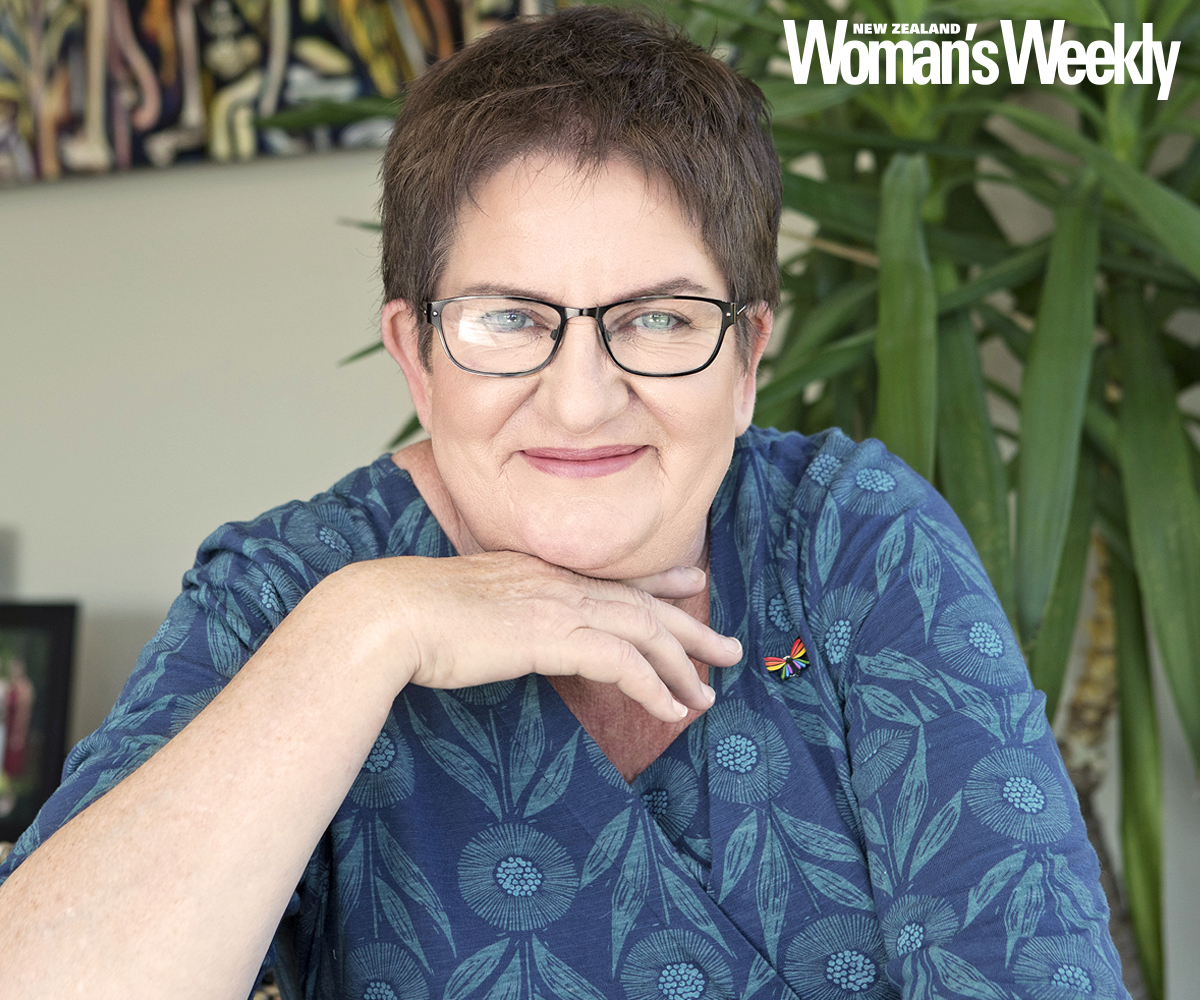Most mums and daughters share a special bond, but for one Dunedin mum and her daughter, the ties that bind have a far wider significance.
Hazel Heal and her middle daughter Bessie Van Hale (26) are on a mission to de-stigmatise hepatitis C.
With the recent decision by Pharmac to fund Maviret, a breakthrough drug that cures the blood-borne disease, they’re encouraging every Kiwi to get tested.
Hazel (55) was pregnant with Bessie when she was diagnosed with hepatitis C in 1992.
“There was very little known about it,” explains Hazel, whose two other daughters, Lena (28) and Meg (23), and her husband, Robert (55), are also big supporters of her work in the field.
“It was looked on like HIV or worse. When I was having Bessie, I had biohazard tape across the door – full Ebola-style treatment – and everyone was in full welding [hazmat] gear.”
Bessie was whisked away after the birth and scrubbed with bleach. But it was a snide comment from a senior nurse that really raised Hazel’s hackles.
“She came in and told me it was a pity I’d had her because we’d both be dead in 10 years.”

Hazel’s daughters (from left) Lena, Bessie and Meg have supported their mum’s fight for health and awareness.
Hazel left the hospital hours later, determined that no-one else would be subjected to similar humiliation.
“I knew it wasn’t true and I guess that was the moment I decided to become an advocate for others with hep C. That could have really, really hurt someone who didn’t know as much as I did about it, so it made me stick my head up from that time, really. I didn’t ever hide it.”
Her biggest worry was that her daughters might have the virus but, after an anxious wait, tests showed they were clear.
Meanwhile, Hazel’s health was deteriorating. She doesn’t know how she was infected.
“I could have had it for 30 years – anyone my age could have got it, from going to the dentist, or through a vaccination or piercing our ears at the mall, or if you’ve ever played contact sport.”
The Hepatitis Foundation estimates about 50,000 New Zealanders have chronic hepatitis C, though only half are aware they have it.
Hazel was one of the first Kiwis treated with interferon, then the standard treatment. She injected herself every couple of days for a year and the side effects were debilitating.
“It was like you were giving yourself a full-on flu onset every two days, with high temperatures and teeth chattering.”
A second round of drugs, in 2003, was worse.
Recalls Bessie of those days, “Mum’s sickness took some toll on our family. From a young age, we lived with the expectation that Mum wasn’t going to be around forever. I remember her telling me when I was little that she might not be there for my 18th birthday.
“Once, when I was bringing a cup of tea to her in her bedroom, I saw her taking her medication – something which she kept quite private from us. I was shocked to see her tummy covered in months’ worth of bruises, varying from blue to purple to yellow. I remember being amazed that my mum could be so brave to do this to herself every single day.”

The traumatic treatment Hazel experienced when giving birth to daughter Bessie left the mother determined that no-one would subjected to similar humiliation.
In 2005, Hazel was told she had cirrhosis.
“I was basically living in the hope there would be a cure before it was too late.”
A decade later, Hazel was an adult law student when she was told her liver had deteriorated to the point where she “needed treatment yesterday”.
The cost of that treatment was almost $400,000. In desperation, Hazel turned to an Australian “drug-buyer’s club” run by hepatitis C advocate Dr James Freeman.
The cost of his generic medication was around $1500.
“He saved my life,” Hazel says, “and he saved the lives of hundreds of other Kiwis. My liver has completely healed – three years on, I have the liver of a normal person. Until hepatitis C is not there, you don’t realise how heavy it is. I felt like I’d lost several degrees of gravity.
“I’m very lucky I’ve had Bessie and my other two girls. My whole family has stuck by me. People often say the reason they’re not speaking up is because of their families, for their children’s sake, not to embarrass or disgrace them or whatever, but my children would be outraged with that.
“My body tracks the whole story of the hep C virus as we know it in New Zealand. I’ve been cured by finding my own meds. Now I’ll advocate until everyone’s been tested and everyone’s got meds – I’ll preside over its elimination and that’s really cool.”



.jpg)